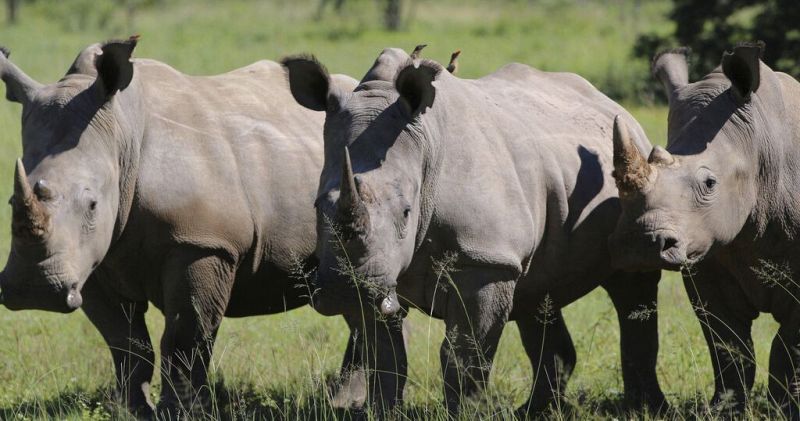Philda Kereng, the tourism minister for Botswana, revealed on Monday that rhino poaching had increased significantly.

Philda Kereng, the tourism minister for Botswana, revealed on Monday that rhino poaching had increased significantly.
Following the implementation of strict restrictions against poachers in South Africa, the announcement is made.
Due to improved national park monitoring, neighboring South Africa, a long-time rhino poaching hotspot, has gradually decreased the number of animals slain in recent years, prompting poachers to look elsewhere for rhino horns.
According to the minister, the surge in poaching results from "increasing demand for rhino horn on the worldwide market," particularly in Asia.
Rhino horns are allegedly medicinal in Asia, where traditional medicine uses them. However, the total number of white and black rhinos left in Botswana is 285 and 23, respectively, according to the Committee on International Trade in Endangered Species (CITES).
This is all incited by the recent happenings with the rhinoceros. One hundred thirty-eight rhinoceros were reportedly killed by poachers in Botswana during the last five years, as opposed to just two from 2012 to 2017.

Some east Asians who think the horn of the endangered species has therapeutic qualities have boosted their desire for it. Addressing the legislature on Monday, Minister of Tourism Philda Kereng also cited the influx of foreign criminal organizations.
The number of rhinos murdered has decreased due to increased patrols in national parks in South Africa, the region's hotspot of rhino poaching. At the Committee on International Trade in Endangered Species conference in Panama last year, Botswana stated that it had over 300 black and white rhinos.

